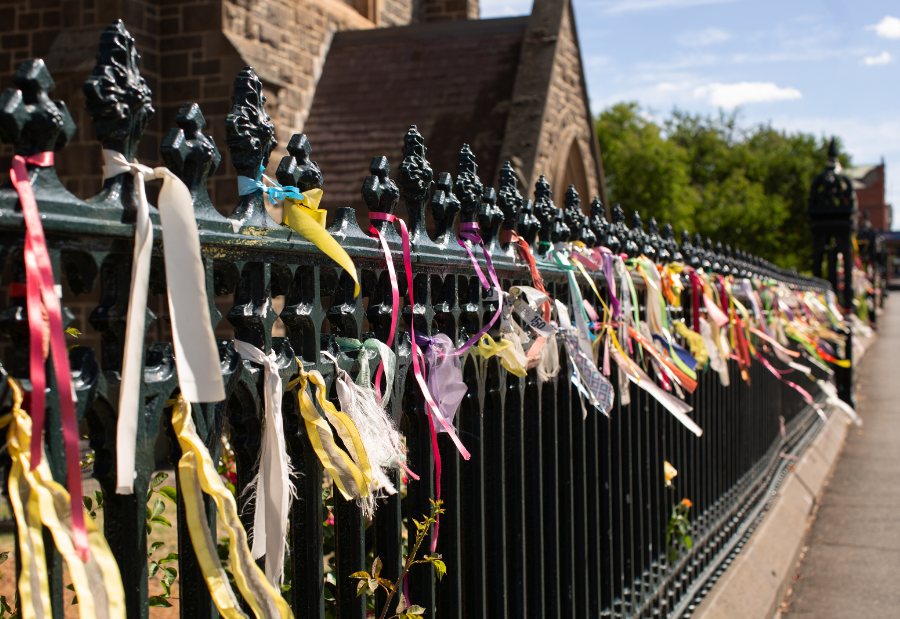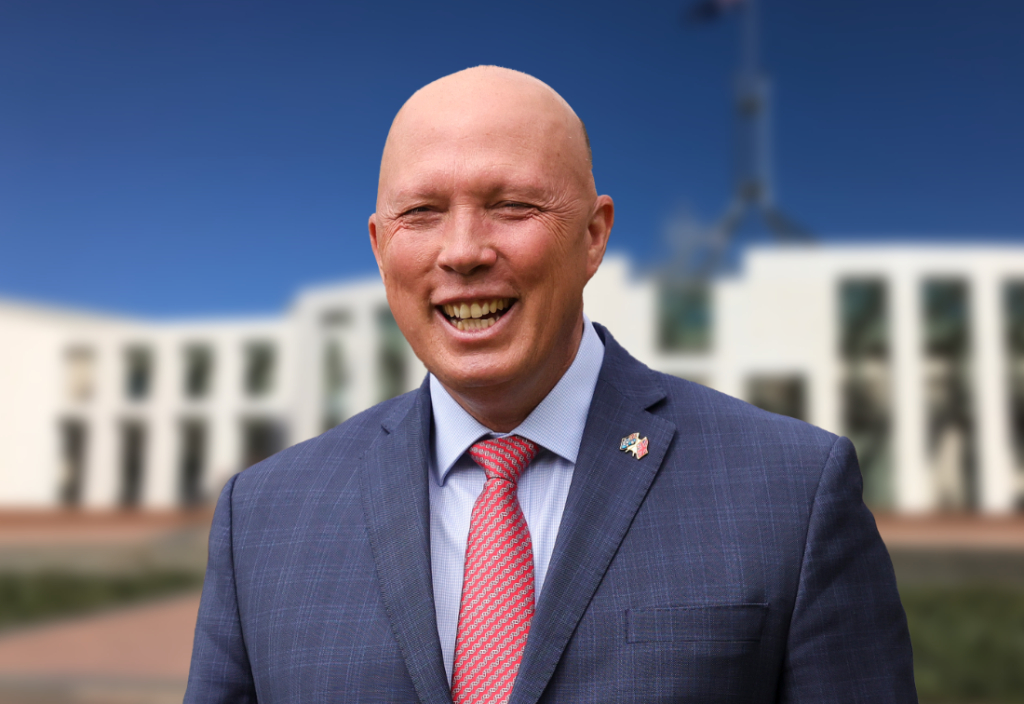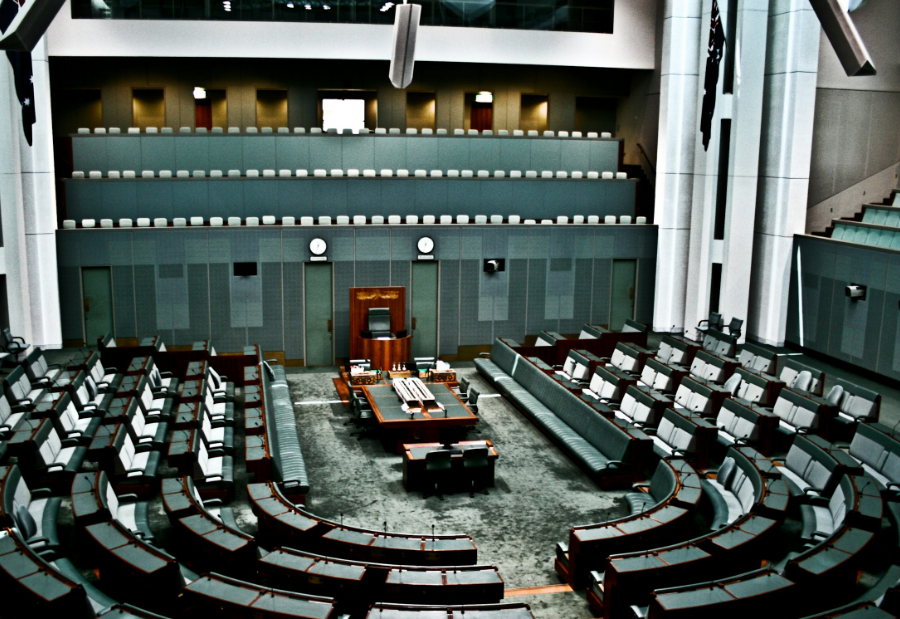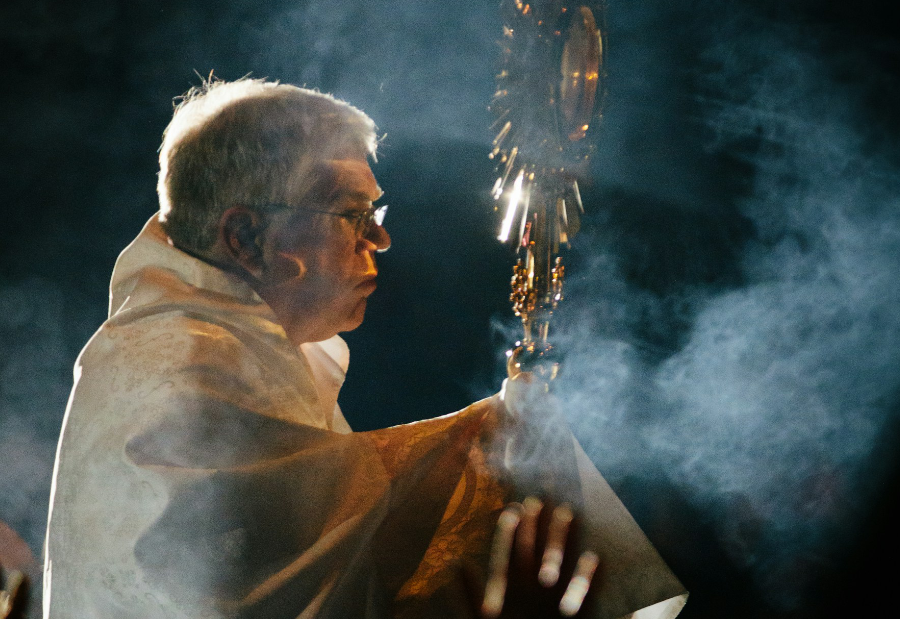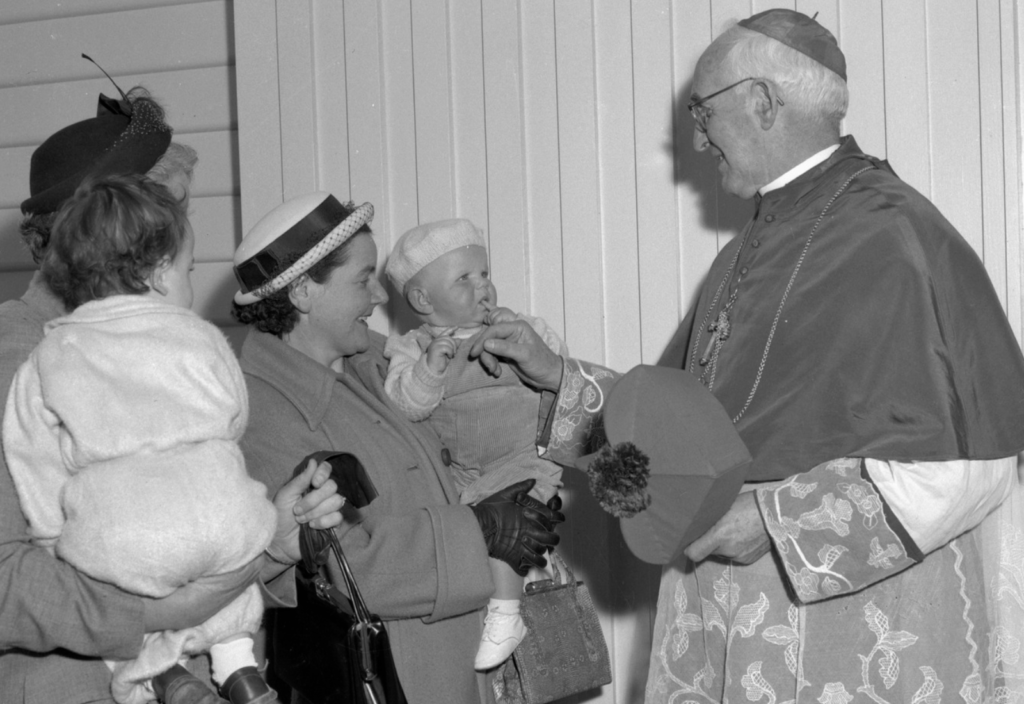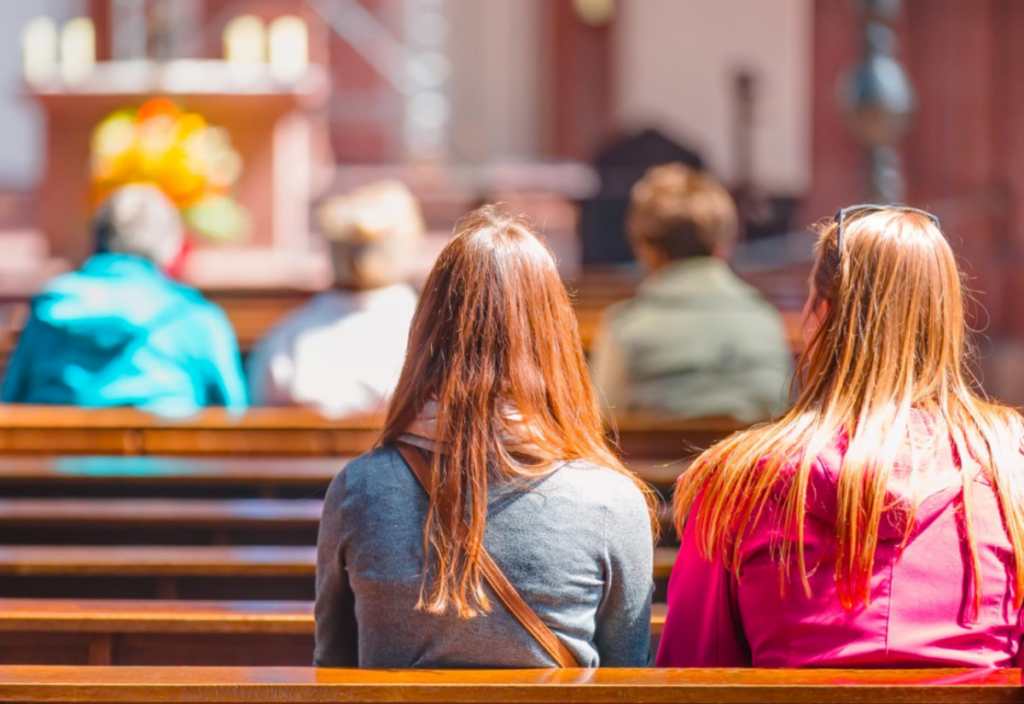This is the foreword that appears in the newly published volume of the Religiosity in Australia series, by Neil Francis.
What impact does religious affiliation, and the devoutness of that affiliation, have on the ethical values of Australians? This is the question that Neil Francis for the Rationalist Society has set out to answer in this volume in a definitive fashion that only hard numbers drawn from reliable sources like peer-reviewed scientific literature and high-quality university survey data can provide.
It’s important to understand why Neil has dedicated his substantial statistical talents to this pursuit, and why the RSA has seen fit to publish the results. As a secular ethicist of more than thirty years — from 1992 when I studied for my Masters in Bioethics under and subsequently worked for Professor Peter Singer to my current position as the Head of Programs at the Cranlana Centre for Ethical Leadership at Monash — I can testify to the tenacious persistence of a belief that humanity can’t be “good without God.”
We can’t be good without God, the argument goes, because only God can secure the objective nature of moral injunctions. Or, we can’t be good without God because most humans are naturally bad, and it is only fear of divine punishment that compels compliance with what is morally required.
What’s important to notice about claims that religious faith is essential to human morality is what they imply about the 40 per cent of Australians who ticked “no religion” in response to the 2020 Census question.
At best, it suggests that the non-religious are at moral risk and in need of evangelising, or other forms of spiritual rescue. At worse, it insinuates that we are moral degenerates whose lack of religiosity imperils the moral character and moral order of the nation.
These are rich stones to be cast from a faith community so profoundly and thoroughly implicated in the decades-long sexual abuse of young children and the systematic denial and cover-up of that abuse in ways that guaranteed its perpetuation. As the report notes:
“The Royal Commission into institutional responses to child sexual abuse found more than half (58 per cent) of reported offences occurred in religious institutions.”
Indeed, when compared to secular Australians, religious Australians are more prone to sexual crime and scandal.
But what I like most about the report’s approach is its move from defeating the factual validity of religious claims to moral superiority, to demonstrating that what differences there are reflect legitimate moral distinctions, not failures of ethicality on the part of the non-religious. As Stephen Pinker has argued — based on the work of Jonathan Haidt — all human societies demonstrate awareness of, and take moral positions, on what are called the moral “primary colours.”
This volume cashes these colours out as six foundations describing different moral orientations on key moral concepts including an orientation towards fairness and care (found more often in the non-religious) versus one that privileges loyalty to one’s own group and deference to authority (seen more often amongst the religious).
And there’s more. Neil’s empirical research reveals that non-religionists are more likely to support religious tolerance and freedom. In contrast, Australia is home to three-quarters of a million faith-driven adults who believe their religion is the only acceptable one and that religious authorities ought to be the final arbiters of law, as well as to 4.7 million Australians who are intolerant of other religions and the separation of church and state.
Scary stuff.
Particularly scary at this point in our nation’s history, when democratic backsliding is rampant in western nations, and Coalition party leadership — emboldened by the results of The Voice referendum — seems determined to ape the US Republicans’ strategy of ignoring clear evidence of the electorate’s liberalisation in favour of doubling down on disinformation, undermining trust in the AEC and elections, and otherwise doing “whatever it takes” to achieve minority rule.
Which brings us to the last reason why it remains so important for organisations like the RSA to keep pursuing the myth of religious moral superiority: the decline in the standards that govern how we conduct public debates about important issues.
During the first decade of the noughties, I combined my academic career with abortion rights activism that brought me up time and again — in print and in person — with religious people advocating legal prohibition of the procedure.
The problem was that these advocates didn’t say they were religious advocates, nor did they argue their case on religious grounds, despite their faith being the reason they believed it. Instead, some claimed to be feminists fighting against abortion because of their deep, if not paternalistic, commitment to women’s wellbeing. Some — medical doctors no less — went on radio and made assertions about an abortion drug’s safety profile that were completely false.
I still remember the shock I felt in this debate when I realised that my opponent did not feel bound by the same ethical obligations we both had — me as an academic and she as a medical doctor — to argue fairly. This included being straight with our audience about the facts and our motivations for supporting our respective positions on abortion. It was the only time I lost my cool on air, bursting out in the middle of another false claim, “For heaven’s sake, you’re a doctor! Surely your answers need to land in the vicinity of the truth!”
I heard the same sense of appal in Andrew Denton’s reporting of the instrumental spaghetti-against-the-wall approach of religious activist Nancy Elliott against voluntary assisted dying. It’s an appal that doesn’t only come from the hypocrisy of the same religious activists who claim moral superiority acting in such trust-busting ways. But also because it is such a means-to-an-end attitude that Christian ethics in particular is known for deploring.
Religion is as complicated as the human beings that endorse it. For some, it is a private or community comfort that all of us — as free and autonomous citizens — have a right to make part of our lives. For others, it is proof of their superior knowledge and authority, and the right of their male leaders to rule over us all.
It is the latter conception of faith that is both morally offensive and politically dangerous. This volume of the Religiosity in Australia series helps set the record straight, furnishes a better understanding of legitimate moral distinctions between non-religious and religious groups, and empowers us to challenge unfounded beliefs about religious moral superiority.
I thank Neil for writing it, and the RSA for publishing it and I commend it to you without reservation.
If you wish to republish this original article, please attribute to Rationale. Click here to find out more about republishing under Creative Commons.
Image by Steve Lovegrove.

